
Are you thinking about gifting someone a pet chinchilla? Although these small, fuzzy creatures can make wonderful pets, there are also many potential drawbacks to consider before giving one as a gift.
Gifting a pet chinchilla is not recommended as these animals require a significant amount of care and attention, including a specialized diet, proper housing, and regular veterinary check-ups. Furthermore, owning a pet chinchilla is a long-term commitment and it’s important to consider if the recipient is ready and willing to take on that responsibility before making a decision.
To help you decide whether or not to give a pet chinchilla as a gift, we’ve compiled 11 reasons why it might not be a great idea. Read on to learn more about these reasons and how they might affect your decision.
Specialized Diet Requirements
One of the reasons why gifting a pet chinchilla is not recommended is due to their specialized diet requirements. Chinchillas are strict herbivores and require a balanced diet of hay, fresh vegetables, and a limited amount of pellets.
They also have a high requirement for roughage, which helps keep their digestive system healthy. Feeding a chinchilla an improper diet can result in health problems, so the recipient needs to understand the dietary needs of the animal and be able to provide the necessary food and supplements.
Furthermore, it can be difficult and expensive to obtain the right diet in some areas, making it important to consider the availability of suitable food before gifting a pet chinchilla.
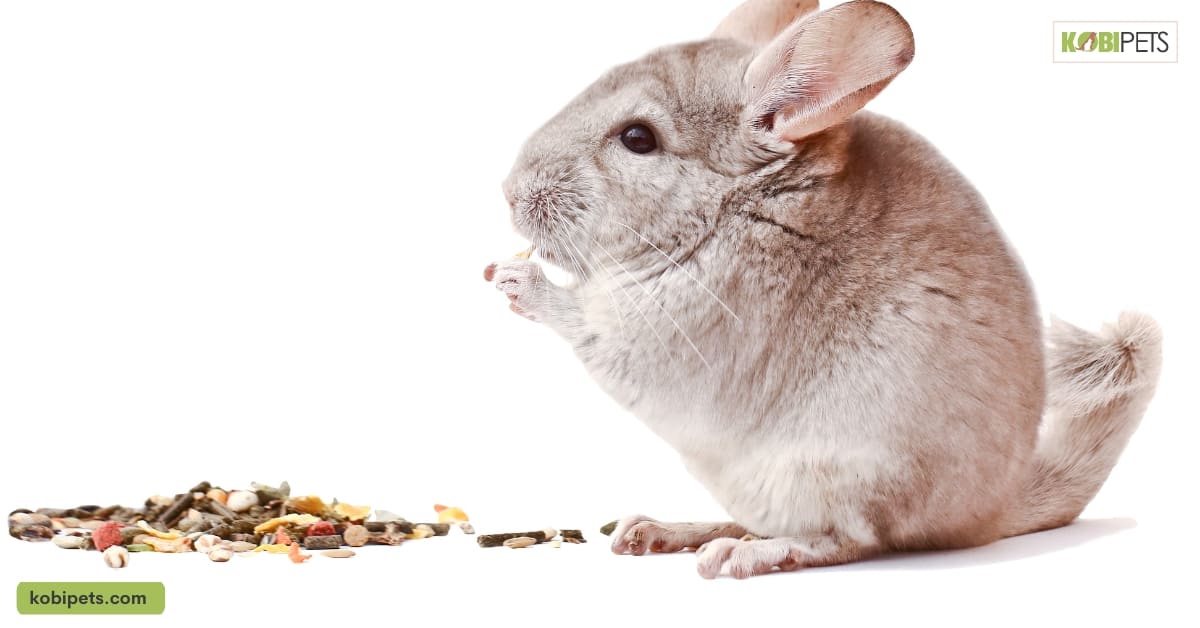
Proper Housing and Environmental Needs
A pet chinchilla is an adorable small animal that can make a great companion, but there are several reasons why you might want to reconsider giving one as a gift. One of the most important ones is the proper housing and the environmental needs of the pet.
Chinchillas need larger cages than other hamsters or other small animals, with enough space to move around, explore, and play. The cage should include all necessary accessories such as a wheel and house or hide, as well as various platforms and climbing ladders for the chinchilla to exercise on.
It’s also important to provide fresh hay, dust baths, and appropriate chew toys for your pet to stay healthy and fit.
The environment for a pet chinchilla needs careful management too. A temperature range of 65°-75°F should be ideal, so it’s best not to house them in direct sunlight or colder environments.
They also need fresh air from time to time – anywhere from 20 minutes a day up to 4 hours if possible – so you will need to plan for taking your chinchilla outside each day. Additionally, they should never be exposed to strong smells like smoke, perfumes, or cleaning products which can cause harm or discomfort even when inhaled casually.
Like any pet ownership responsibility comes with gifting one – make sure you have considered all aspects of caring for a chinchilla before giving one as a present.
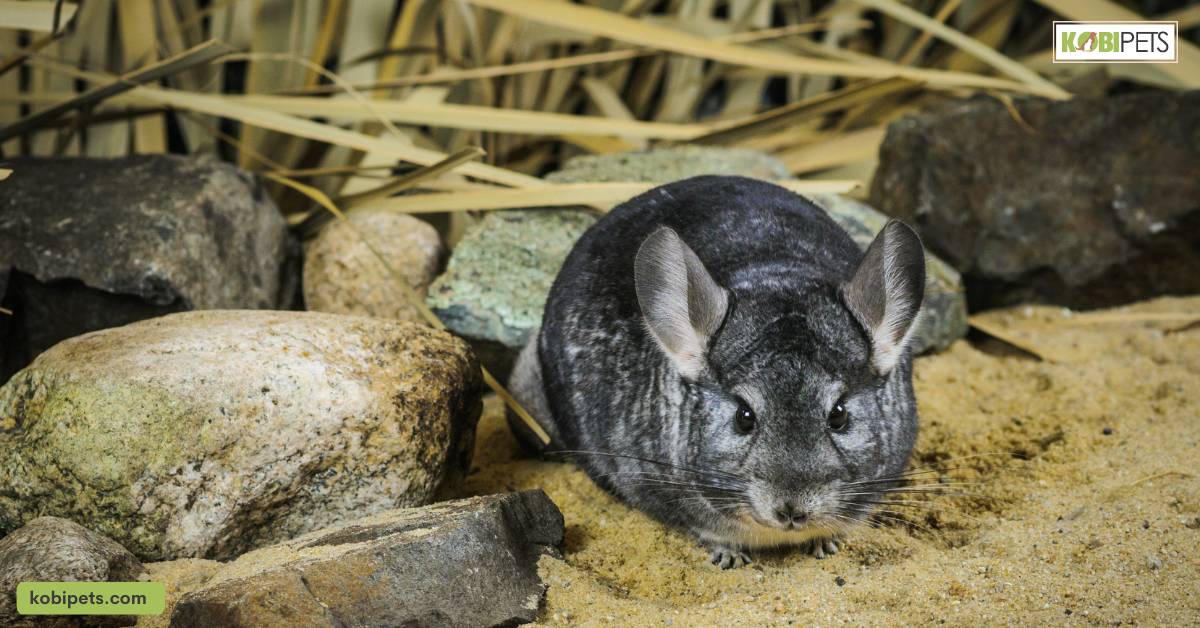
Regular Veterinary Check-ups
Another important factor to consider before gifting a chinchilla is regular vet checkups. As with any pet, it’s vital for the health of your animal that you take them for vet visits regularly to diagnose and treat any issues. This includes getting annual physical exams for the chinchilla, making sure all vaccinations are up-to-date, and staying on top of any flea or mite treatments.
Additionally, chinchillas need particular care when it comes to their teeth so regular dental checkups are essential. If they aren’t able to file down their front incisors adequately due to a lack of chew toys or an unsuitable diet, your vet may need to step in and help trim the teeth manually which can be quite costly. Be sure you are ready to take on this responsibility before gifting a pet chinchilla.
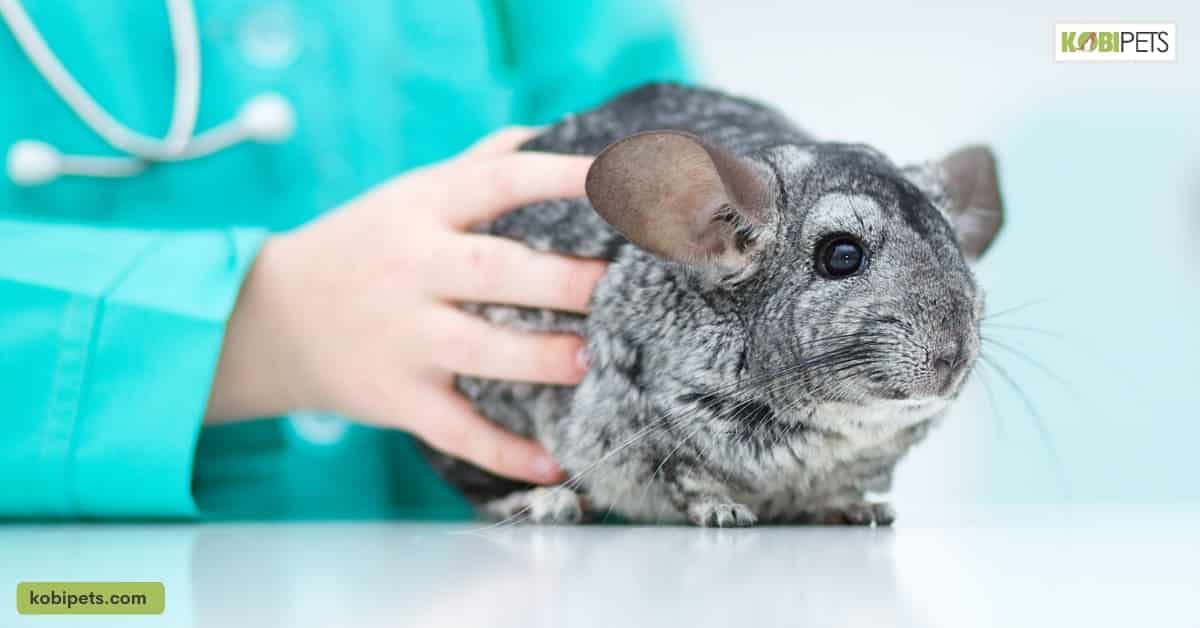
Long-term Commitment
Furthermore, chinchillas require a long-term commitment to being properly cared for. If your recipient doesn’t have the time or space for a pet over the long run, then gifting a chinchilla may not be such a good idea. Chinchillas can live for up to 15 years on average, so you need to make sure your giftee is aware of how much of a commitment this entails.
Unlike other small animals that may require only minimal care and attention, these furry creatures need daily maintenance like fresh hay and bedding; they also need mental stimulation with playtime and social interaction to stay happy.
If you don’t think the person you’re gifting it to can keep up with all of this over time, perhaps reconsider offering them an alternative pet or another type of gift entirely.
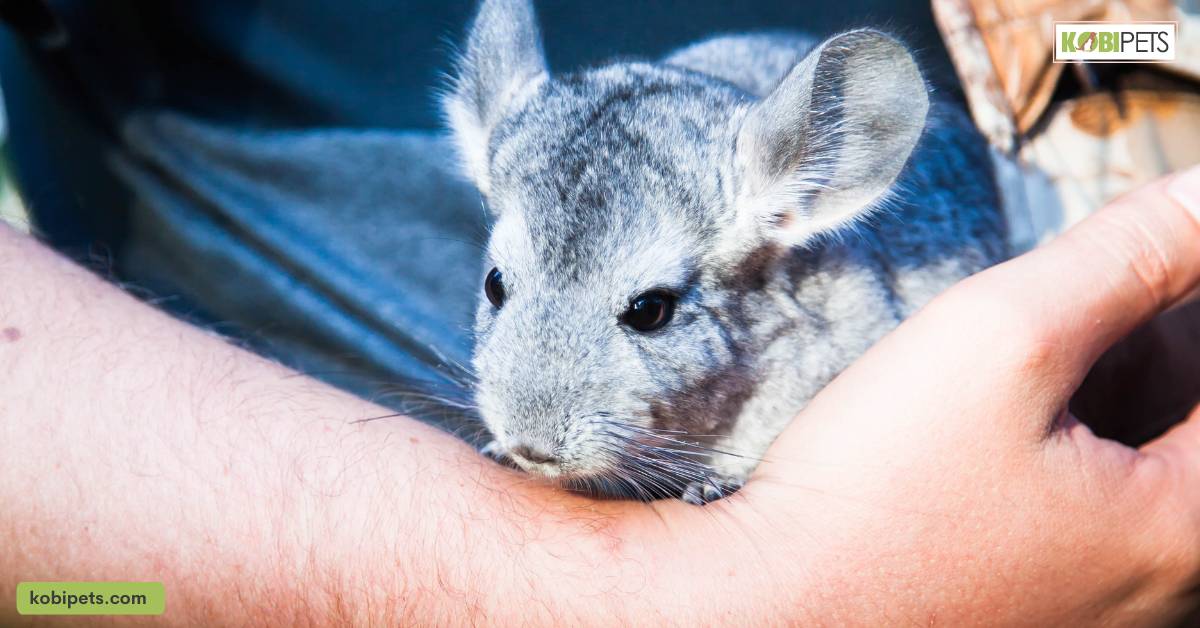
Consideration of Recipient’s Readiness and Willingness
Another important reason why gifting a pet chinchilla is not recommended is consideration of the recipient’s readiness and willingness to take on the responsibility of pet ownership. Chinchillas are social animals that require daily attention and care, including proper housing, a specialized diet, and regular veterinary check-ups.
Owning a pet chinchilla is a long-term commitment and it’s important to make sure that the recipient is prepared to take on this responsibility before deciding to gift one. It’s also crucial to consider the recipient’s lifestyle, including their schedule and ability to provide proper care, as well as any potential allergies or housing restrictions.
Gifting a pet chinchilla should only be done after careful consideration of the recipient’s ability to provide a safe and loving home for the animal.
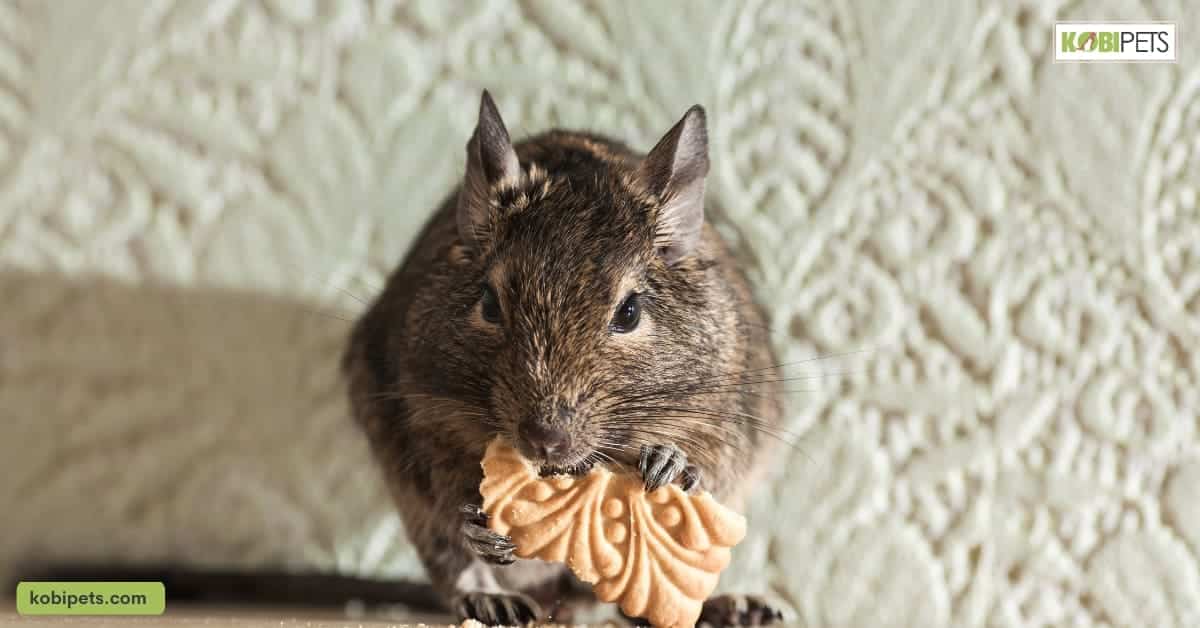
Financial Cost of Care
Another thing to consider before gifting a pet chinchilla is the financial cost of their care. Chinchillas can be costly due to their dietary and housing requirements, not to mention the fact that they need regular vet visits to stay healthy. Their cages should be spacious enough for them to move around comfortably.
This means investing in an appropriately sized cage, accessories like toys and climbing structures, and suitable bedding material like hay or shredded paper which needs to be replaced regularly. On top of this, they need nutritional food such as hay cubes, fresh vegetables, and commercial chinchilla pellets -all of which add up over time.
Make sure your recipient can afford these costs before deciding to gift them a pet chinchilla.
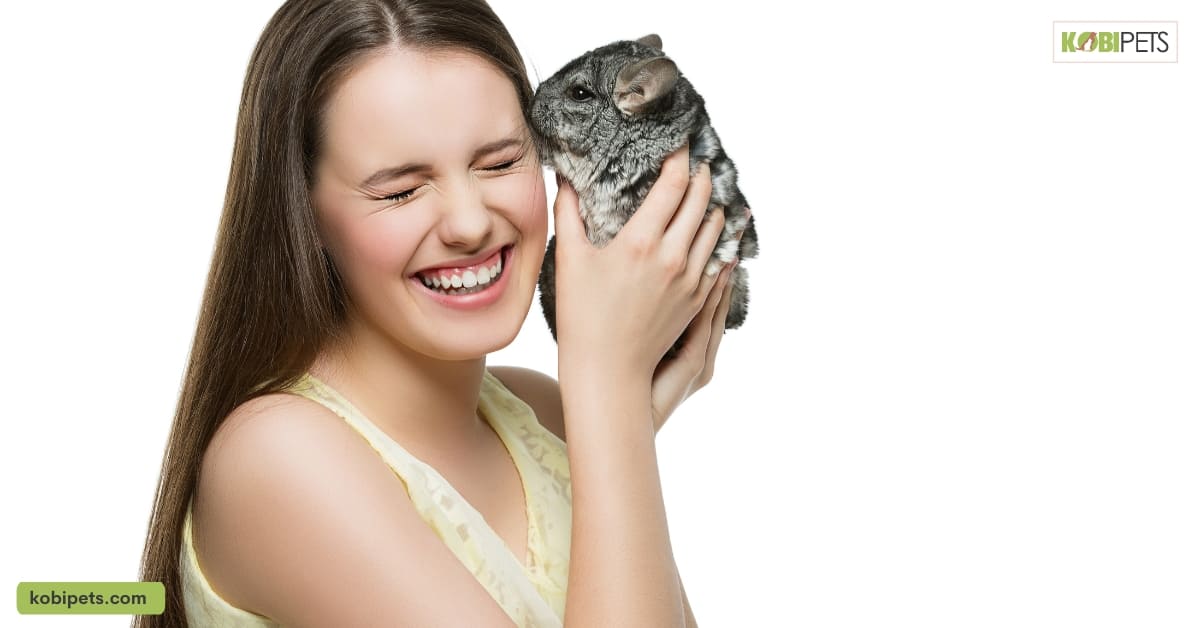
Potential Allergens
Another factor to consider when deciding whether or not to gift a pet chinchilla is the potential for allergens. Chinchillas produce a lot of dust from their fur and bedding, which can be a trigger for people with allergies. Additionally, they have strong, musky odors that some people may find unpleasant.
It’s important to consider whether the recipient or anyone in their household has a history of allergies and whether they would be able to tolerate the potential allergens before gifting a pet chinchilla. It’s also important to note that the recipient would be responsible for maintaining a clean and healthy environment for the chinchilla, which may require additional effort and resources.
Gifting a pet chinchilla may not be the best idea for someone who is sensitive to allergens or who may have difficulty maintaining a clean and healthy living environment.
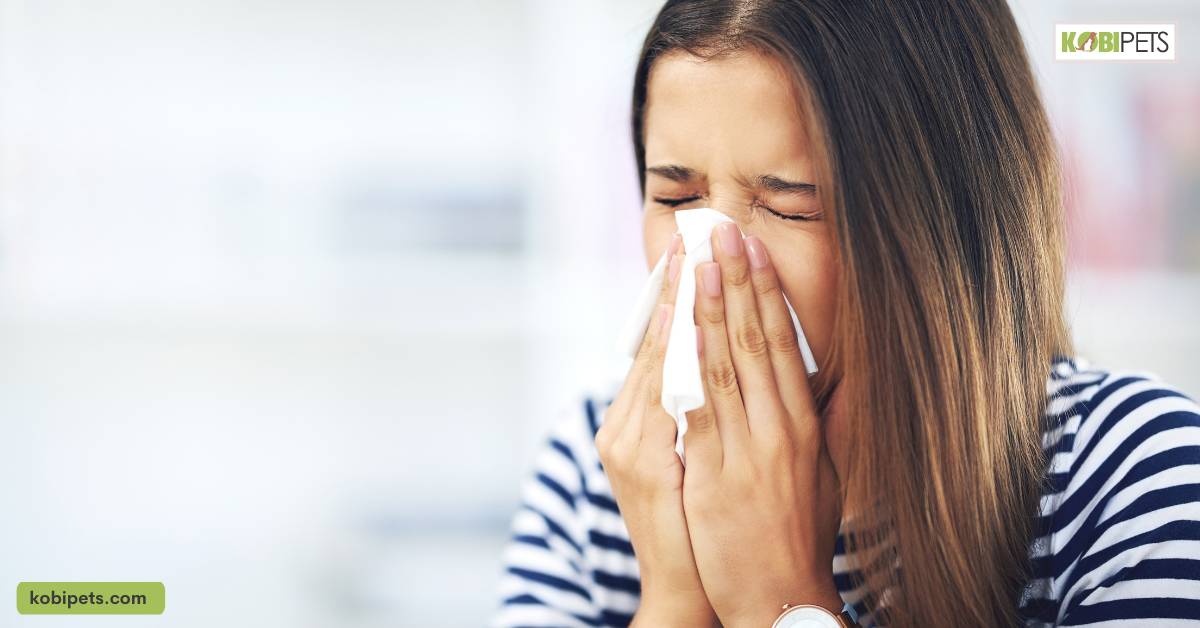
Time Commitment for Daily Care and Attention
Another reason to consider before gifting a pet chinchilla is the time commitment for daily care and attention. Chinchillas are social animals that require daily interaction and playtime to stay happy and healthy.
They also require regular cage cleaning, food and water changes, and exercise. It’s important to make sure that the recipient can provide the necessary daily care and attention, as well as make time for regular play and interaction with the animal. Owning a pet chinchilla is a significant commitment and requires a consistent investment of time and effort.
It’s important to consider the recipient’s schedule and lifestyle before deciding to gift a pet chinchilla, as they would be responsible for providing the necessary care and attention to ensure the animal’s well-being.
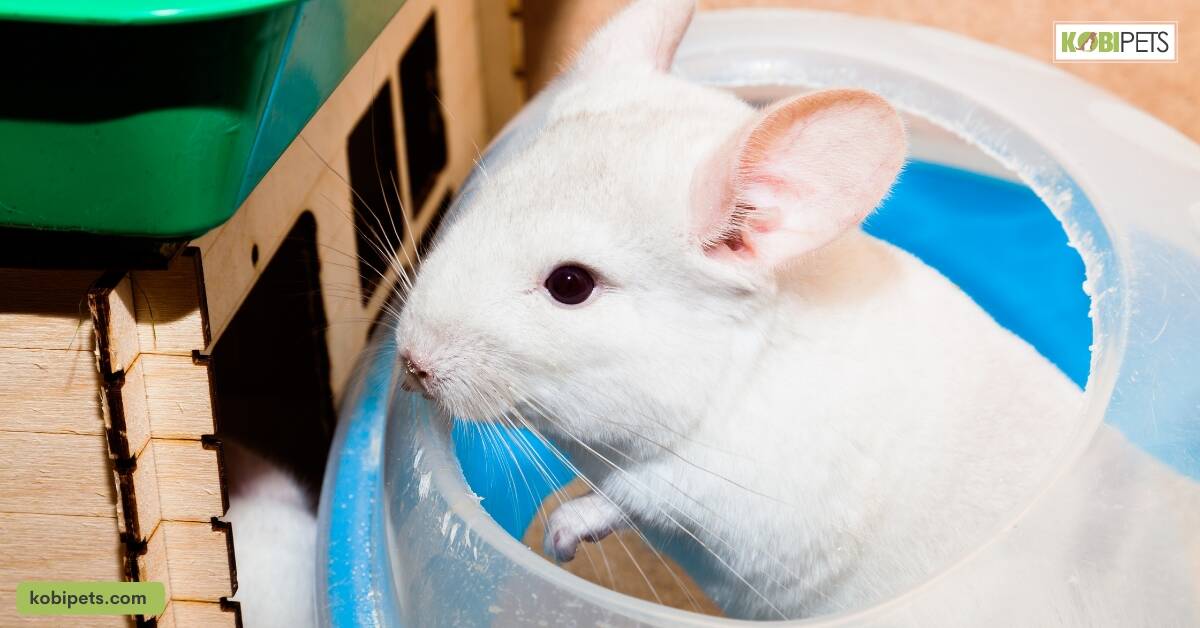
Potential Noise Level
Another aspect that should be considered before gifting a pet chinchilla is the potential noise level. Chinchillas, like most rodents, are active during the night and can make quite a bit of racket if left in a quiet environment. In addition to running in their cages and making scratching noises, they are also known to vocalize when startled or excited.
This type of noise level could prove disruptive for anyone living in close quarters with a pet, especially those who need low-noise environments for work or study. Pet owners should be aware of this before deciding to give away a chinchilla so that everybody involved can make an informed decision.
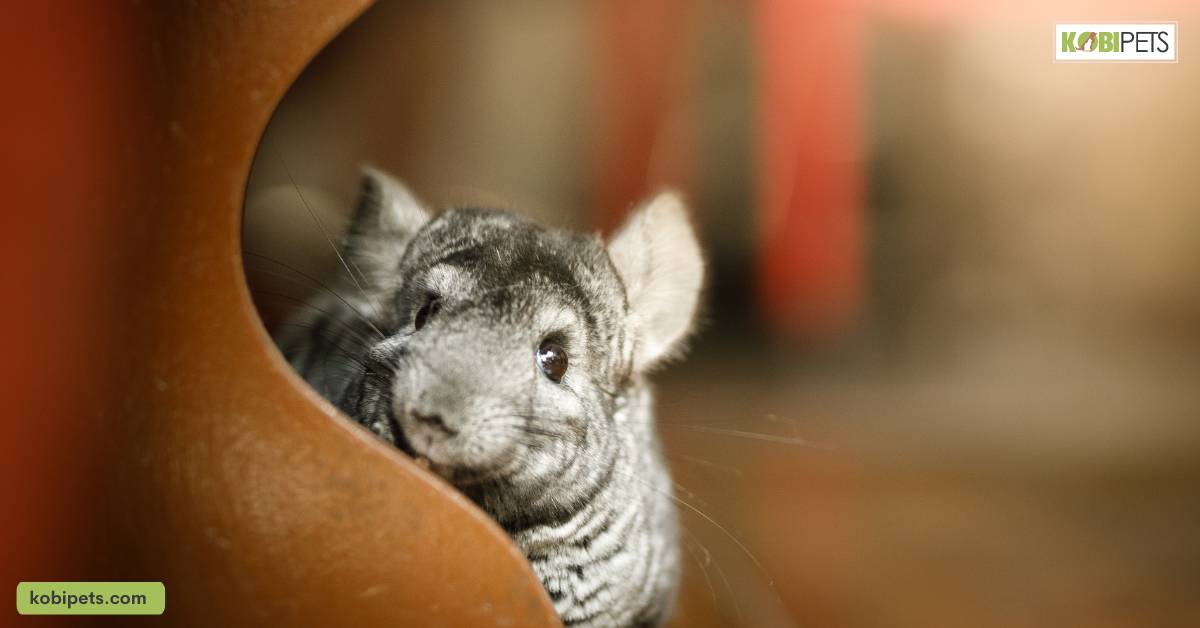
Risk of Illness or Injury
Another important factor to consider when deciding whether or not to gift a pet chinchilla is the risk of illness or injury. Chinchillas are prone to certain health issues, including dental problems, respiratory infections, and digestive issues, which can be costly to treat. They are also at risk of injury from falls, improper handling, and other accidents.
It’s important to consider the financial costs associated with veterinary care and potential health issues before gifting a pet chinchilla. The recipient would be responsible for providing proper care, including regular check-ups and prompt medical attention if the animal becomes ill or injured.
Gifting a pet chinchilla may not be the best idea for someone unable or unwilling to provide the necessary care and financial resources to ensure the animal’s health and well-being.
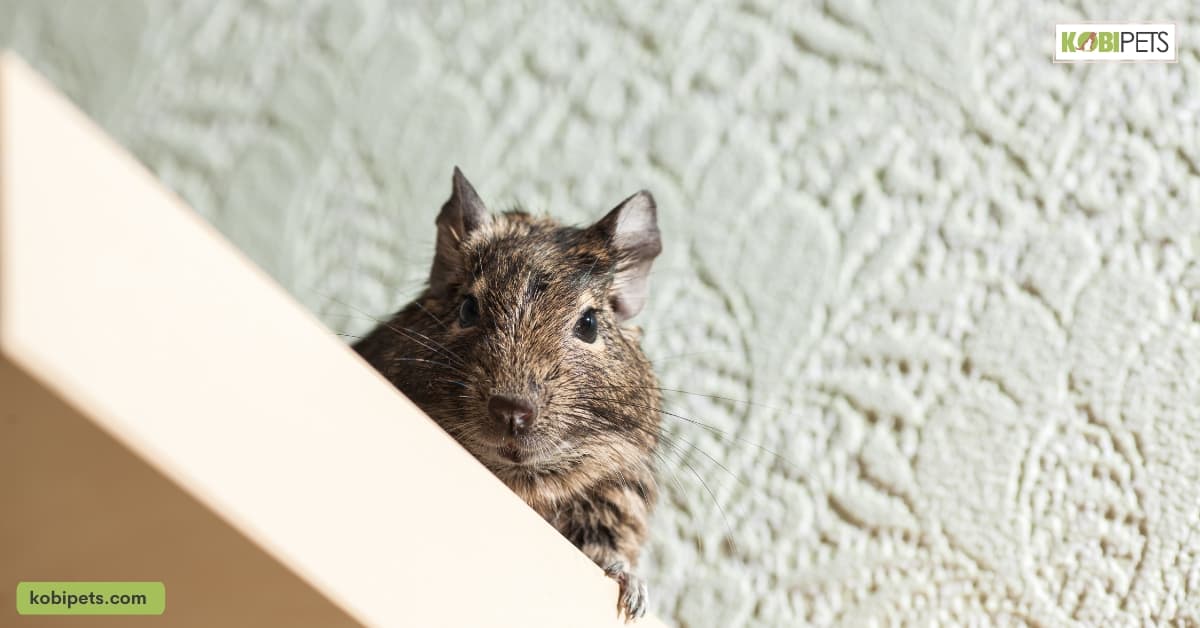
Responsibility for the Animal’s Well-Being
When thinking of gifting a pet chinchilla, it is essential to consider the responsibility that comes with caring for an animal companion. As with all pets, chinchillas require proper care, nutrition, and attention to ensure they live long and healthy lives. Owners should be aware of the cost of food and supplies they will need to provide and research potential veterinarians in the area in case their pet needs to visit the doctor.
The owner should also create a daily routine involving brushing their fur, playing with them, cleaning their cages, and providing fresh water regularly. Furthermore, those giving away the pet should keep in mind that they are ultimately responsible for its well-being since they are responsible for finding it it’s future home.
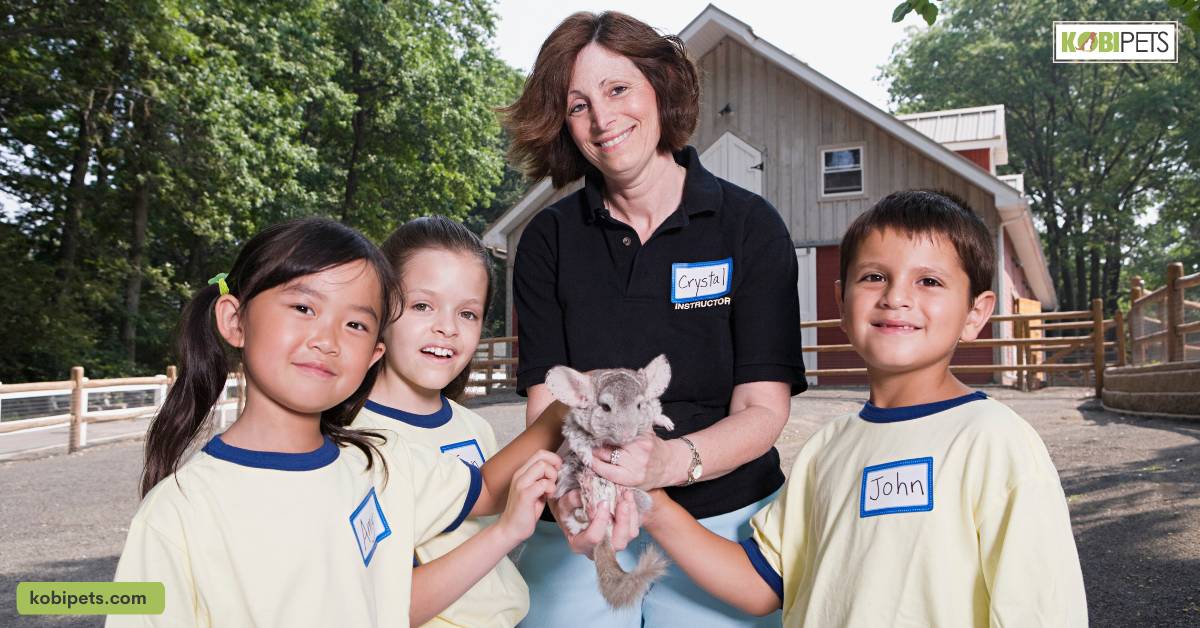
In conclusion
Gifting a pet chinchilla is not something to be done lightly. There are many factors to consider before making a decision. Gifting a pet chinchilla is only recommended if the recipient is willing to make a long-term commitment of time and resources necessary for providing proper care and ensuring the animal’s health and safety.






